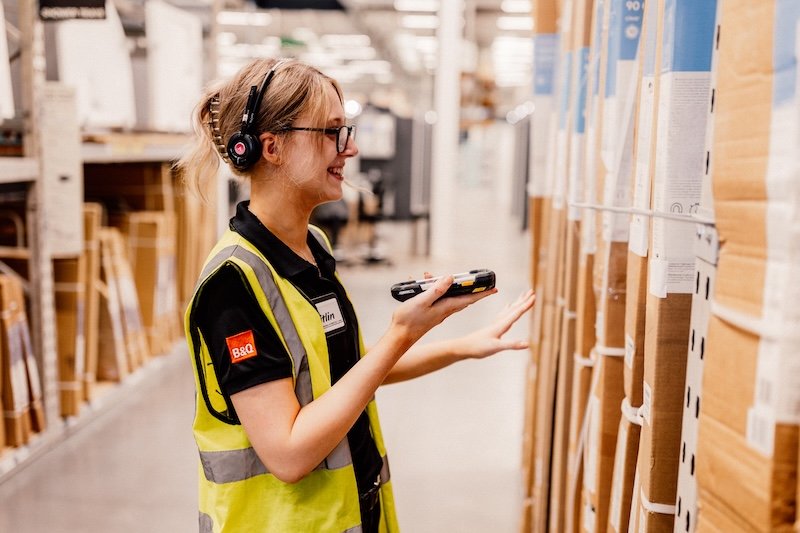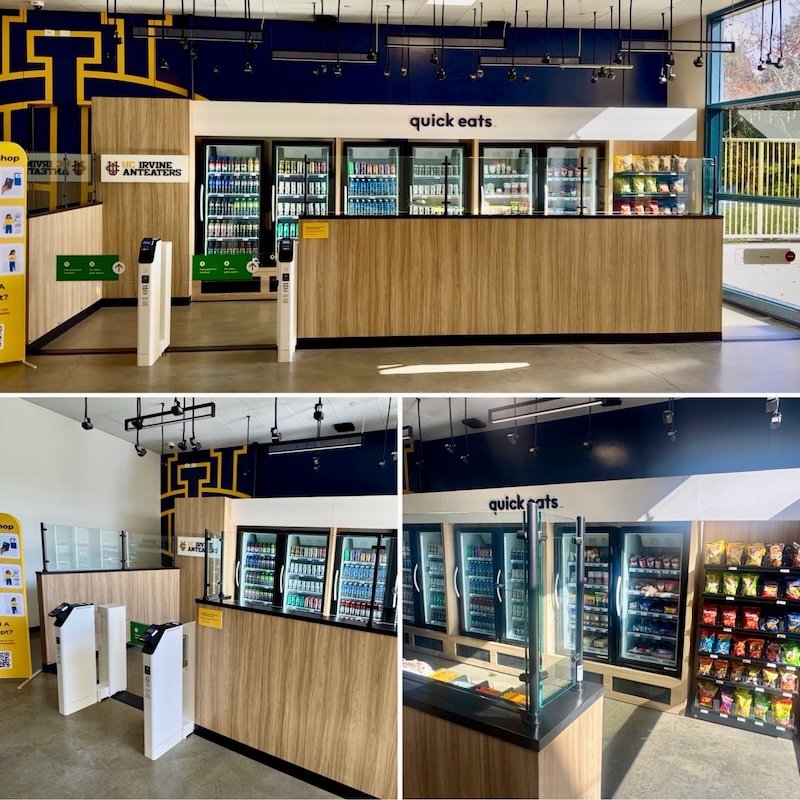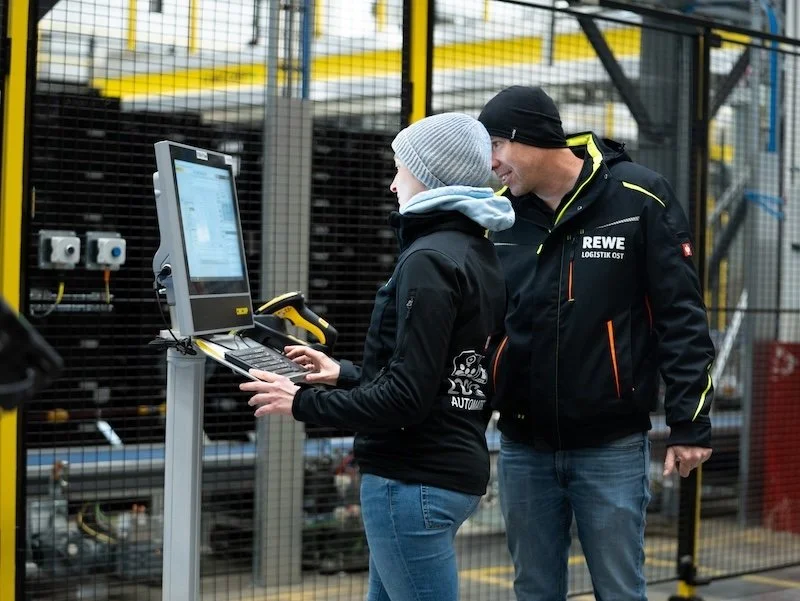Kingfisher flags growing UK shopper comfort with handing decision-making power to AI assistants
28% of UK adults are happy for AI shopping assistants to automatically make purchases without their permission, as consumer trust in AI shifts from product recommendations to purchases. Of those onboard with automated purchases, 76% said they’d part with up to £99, matching the current limit for contactless payments.
New research, commissioned by Kingfisher - owner of B&Q and Screwfix - in partnership with author, event speaker and former IBM executive, Andrew Grill, found that 58% of Brits are happy with AI recommending products when shopping.
38% are fine with these recommendations being added to their basket. Digital native 18- to 24-year-old shoppers are most comfortable with embracing AI whilst shopping, with 75% OK with AI recommendations and 52% happy to let AI buy on their behalf.
The research, which polled 2,000 UK shoppers, found speed and convenience are key here, with 45% preferring to shop in-store so they don’t have to wait for delivery, while 32% say faster delivery impacts their decisions on where to shop for home improvement products.
More broadly, the research explored how customer demand for in-store technology is changing, whilst the fundamentals of great customer service remain important for home improvement shoppers.
30% of consumers want to see tech that removes friction like ‘smart’ trolleys and baskets that track prices of items automatically, whilst 18% want shelves that self-update with personalised offers, dynamic pricing and stock tracking. However, when it comes to home improvement advice, 45% say a human expert is still their most trusted source.
This supports a trend Grill calls ‘phygital stores’ – stores combining the hands on, sensory, trust building advantages of bricks and mortar retail, with the enhanced insights and personalisation of digital.
The drivers behind in-person store visits include wanting to get a better sense of a product’s quality (60%) and being able to browse new products (53%). In the future, on average 42% of Brits would be more likely to visit stores that offer experiences beyond shopping, such as events, demonstrations or workshops.
Younger audiences would like future stores to be experience led, with demand for engaging in-store experiences highest among those aged 18-to-24 (66%), compared with just 17% of those aged 65 or over.
Other most wanted hypothetical features for home improvement stores include a bulb and fixture scanner e.g. an app which tells you the right size of screw, fitting, lightbulb etc. to use (24%); biometric payments (16%); customisation stations (14%) and 3D printing of out of stock parts (10%).
Kingfisher is starting to harness AI both for customers and the business. Initiatives such as Hello Casto and Hello B&Q (its first DIY virtual assistants) and Screwfix Lens (visual search technology) have been used hundreds of thousands of times by customers since launch.
The group and its brands are also trialling new pilots, such as AI powered interactive headsets for in-store colleagues to deliver quicker and more personalised customer service. This could include recommendations on installing an item and alternatives if the product is out of stock. Kingfisher is also exploring how agentic AI can be used to make customer returns easier and simpler.
Thierry Garnier, CEO at Kingfisher, says: “As the way we shop continues to evolve, customers are embracing technology to deliver greater personalisation, speed, choice, and richer experiences.”
“We see our digital ecosystem as fundamental to serving our customers’ rapidly changing needs, seamlessly connecting every part of our offer – from Screwfix Sprint, our 20-minute delivery service, to Hello Casto, our first DIY virtual assistant, or our marketplace that offers over two million items at B&Q.”
“At the heart of this ecosystem is our store network in communities, which enable fast and convenient fulfilment as well as the opportunity for customers to see and touch products for their home improvement projects while getting expert advice from our fantastic in-store colleagues.”
Grill says: “AI shopping agents are no longer science fiction - they’re the next retail revolution. Kingfisher’s research shows shoppers are already more comfortable letting AI make decisions than most retailers realise and makes clear how important speed and convenience are for customers.”
“We’re entering an age of anticipatory retail - where customers expect brands to know what they need before they do, and Kingfisher is at the forefront of the innovations behind this.”
RTIH AI in Retail Awards
RTIH proudly presents the first edition of its AI in Retail Awards, sponsored by 3D Cloud and EdTech Innovation Hub.
This is now open for entries. Deadline for submissions is Friday, 5th December. It’s free to enter and you can do so across multiple categories.
Check out categories and entry forms here.
As we witness a digital transformation revolution across all channels, AI tools are reshaping the omnichannel game, from personalising customer experiences to optimising inventory, uncovering insights into consumer behaviour, and enhancing the human element of retailers' businesses.
With 2025 set to be the year when AI and especially gen AI shake off the ‘heavily hyped’ tag and become embedded in retail business processes, our newly launched awards celebrate global technology innovation in a fast moving omnichannel world and the resulting benefits for retailers, shoppers and employees.
Our 2025 winners will be those companies who not only recognise the potential of AI, but also make it usable in everyday work - resulting in more efficiency and innovation in all areas.
Winners will be announced at an evening event at The Barbican in Central London on Thursday, 29th January. This will kick off with a drinks reception in the stunning Conservatory, followed by a three course meal, and awards ceremony in the Garden Room.































Continue reading…